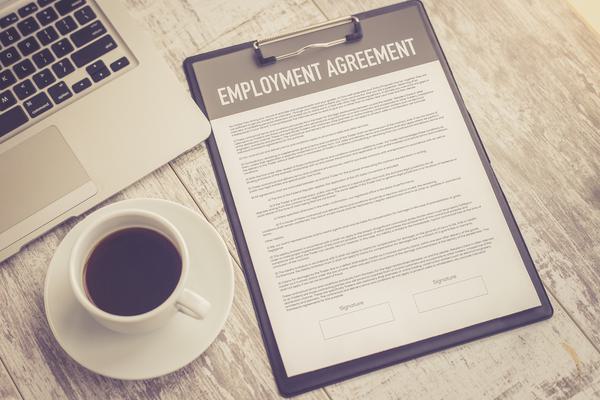
Local government and using SME suppliers

Local Government contracting
With the latest figures from LocalGov.co.uk revealing that over half of the top 15 suppliers were construction firms, with the top 15 suppliers winning 105 awards worth 2.9 billion and 106 frameworks worth 5.9 billion the question being asked is, are smaller businesses and providers being given the opportunity to thrive and work with local authorities?
Local government business was worth £54bn in 2017 and with council tax rises across the board due to kick in next month residents will want to see both value for money and local businesses being supported.
Skanska, the top local government supplier having been awarded £400m on top of estimated framework of £1.6bn does not even report openly on the salary and benefits paid to their top staff. This begs the question, how do local communities benefit from large suppliers being contracted to carry out local infrastructure work, and with the failure and collapse of Carillion who will pick up the pieces if they do fail?
Local suppliers for local communities
Local government does have set targets in place to support SMEs with a target of 33% of spending going to these either directly or indirectly by the end of 2020. The government have published details of how it plans to promote this here:
The Centre for entrepreneurs’ detail in this report that small businesses are a key source of economic growth and this includes the creation of local jobs which will in turn lead to the local communities benefiting in a direct way. Each local area must have the best interests of its residents at the heart of the procurement decisions that it makes.
What is an SME?
An SME (small and medium sized enterprises) is broadly defined in the UK as being a company with a turnover of under £25 million with fewer that 250 employees.
What other benefits exist to using local suppliers?
There are environmental benefits, the local SME with local employees will have a smaller carbon footprint as they will be local. If you are working with a local supplier then you will often find contract management and dealing with problems and issues quicker and easier as they will be based locally and make time to meet with you. They will have a bigger focus on customer service and will be more agile. Local suppliers are also more likely to be unaffected by bigger changes such as Brexit.
The final and most important point to make is that local businesses pay back in the form of business rates to the local authority. This can obviously benefit councils as it means that they automatically benefit in a way they can’t if they use a bigger national or even a global supplier.
Excel
At Excel Civil Enforcement, we combine national coverage with local knowledge by having offices throughout England and Wales. This means that we employ local people with local knowledge.
We feel we combine the SME benefits which include flexibility and quality of service with the experience and credibility of the experience offered by our directors who have been in the business for many years and who are also authorised High Court Enforcement Officers.



